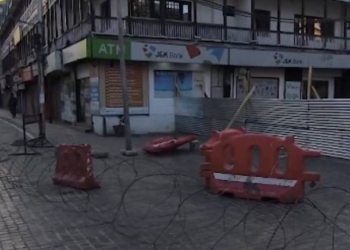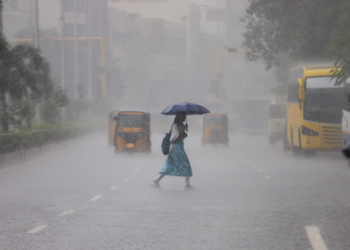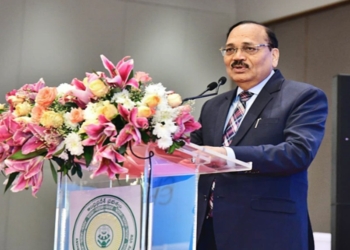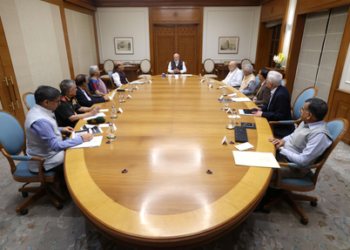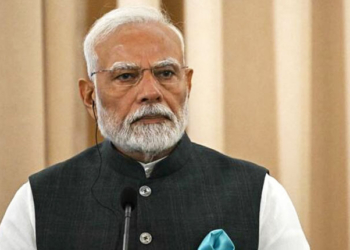New Delhi: Taking note of the improving Air Quality Index (AQI) levels in Delhi and adjoining areas, the Supreme Court on Thursday permitted the Commission for Air Quality Management (CAQM) to ease the Graded Response Action Plan (GRAP) Stage-IV restrictions to GRAP Stage-II.
However, the bench, headed by Justice Abhay S. Oka, said that it would not be appropriate to allow the CAQM to go below GRAP-II restrictions at this stage.
It suggested that the CAQM may consider incorporating certain additional measures which are part of Stage-III.
The bench, also comprising Justice A.G. Masih, took note of the submission made by Additional Solicitor General Aishwarya Bhati that in the last four days, the AQI levels have come below 300.
The apex court told CAQM to impose GRAP-III restrictions if the AQI crosses 350 and GRAP-IV measures if the AQI goes above 400 in the coming time.
It said that the AQI levels were consistently above 300 before November 30 and only during the last four days that the levels have come down below 300.
The matter will be heard next on December 12.
Earlier on Monday, the Supreme Court had refused to tinker with the applicability of GRAP-IV measures.
“As regards the suggestion for modification of applicability of GRAP-IV, we will hear the parties on this aspect on 5th December, 2024, at 3:30 p.m. On that day, we will also examine the AQI levels and find out whether there is any downward trend,” it had said.
Finding that there was a “complete lack of coordination amongst the stakeholders like the Municipal Corporation of Delhi, the Delhi government, the Delhi Police, and the Delhi Pollution Control Committee when it comes to implementation of all GRAP measures”, the top court had said that it is the responsibility of the CAQM to coordinate activities of all these entities with a view to ensuring that GRAP measures are implemented.
“The Commission will have to coordinate the effort of all the agencies involved and ensure that adequate manpower is deputed at the entry points,” it said.
(IANS)





